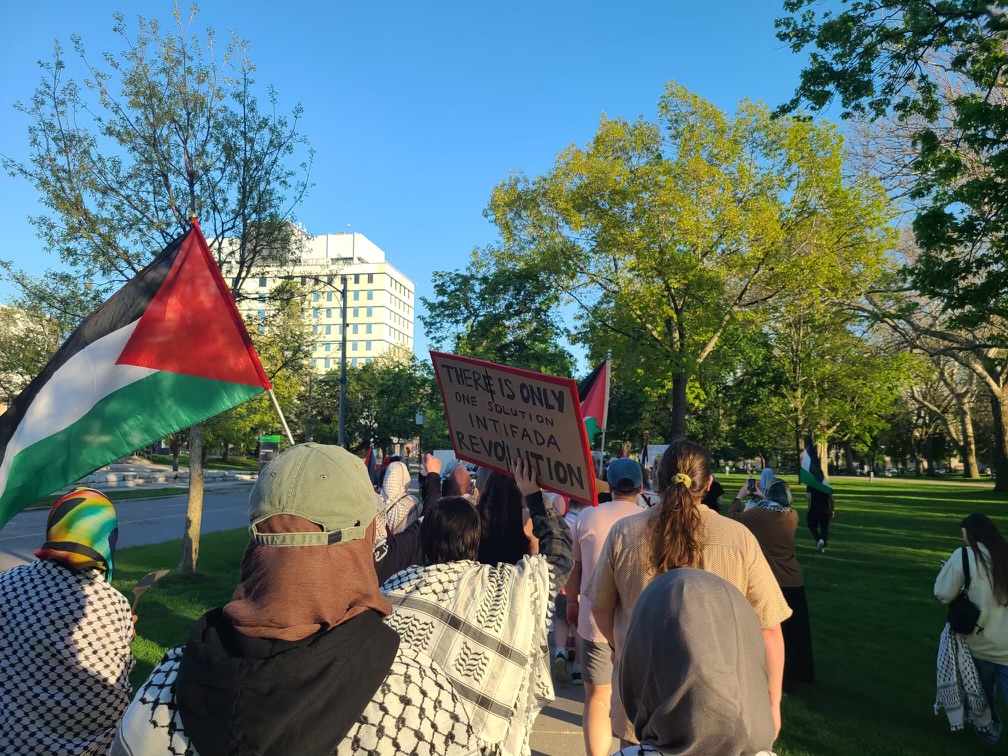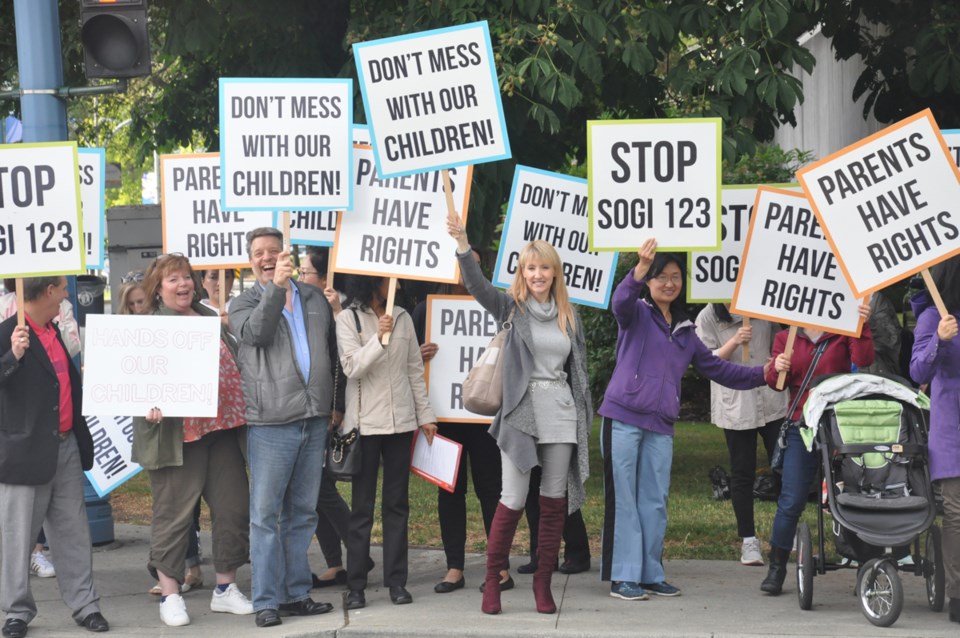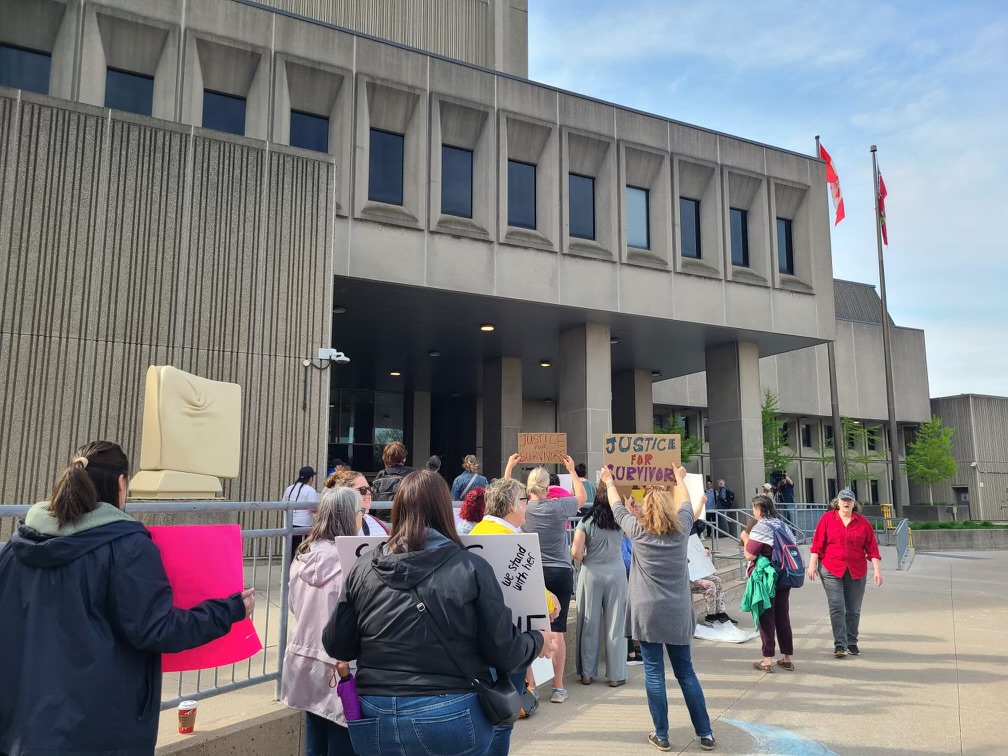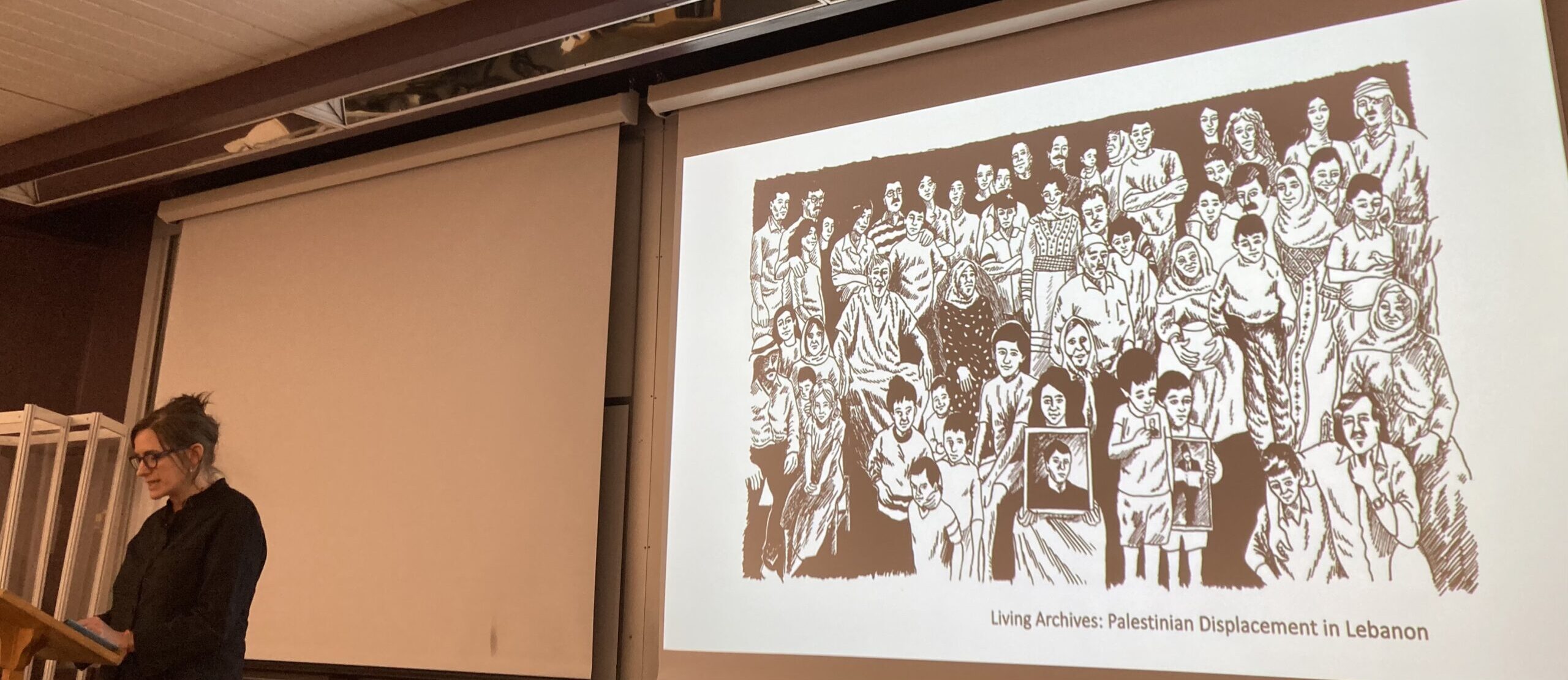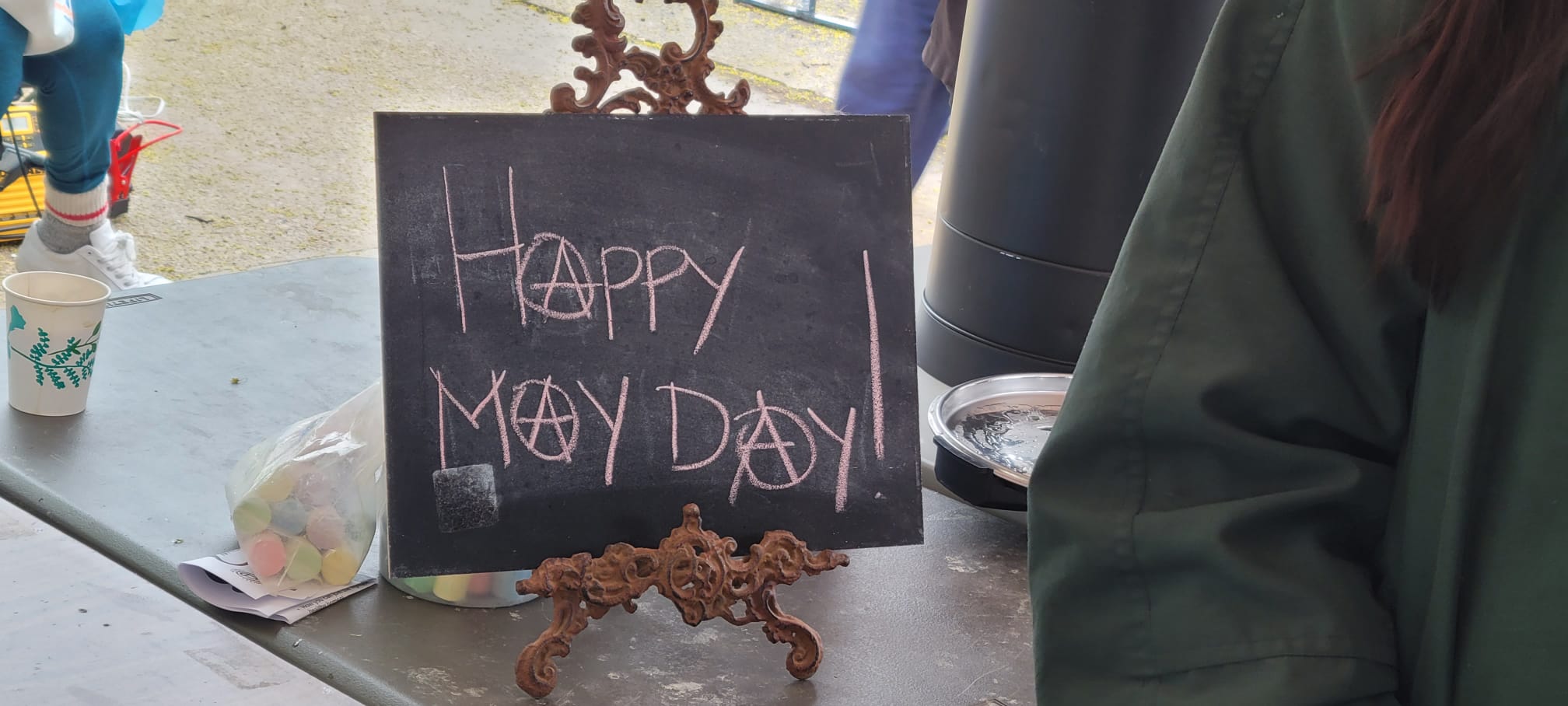A Month on Strike: A Postal Worker’s Perspective From the Line
Matthew Webb
Mon December 23, 2024
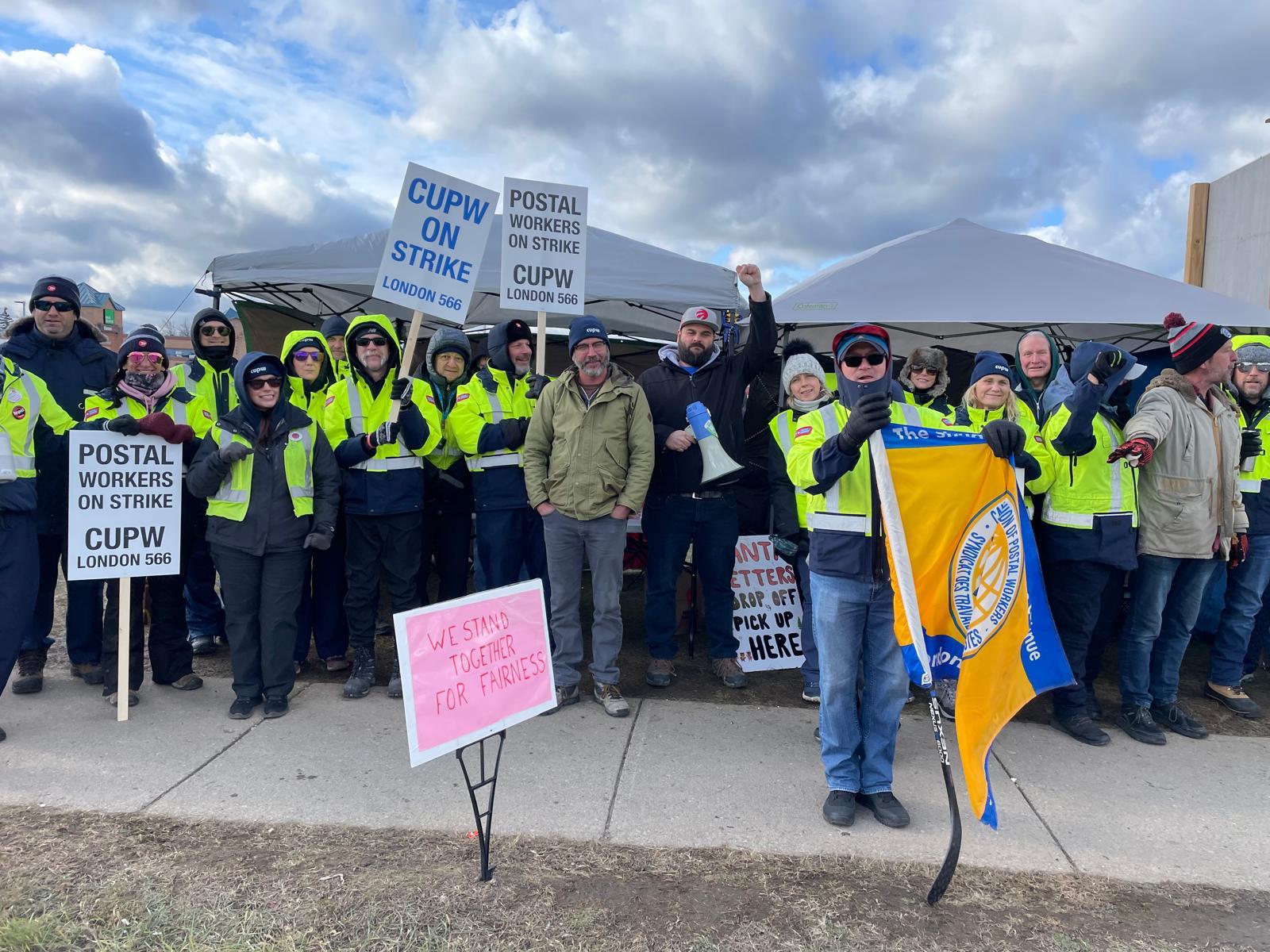
In the final week of the postal workers’ strike I could hardly go ten paces without someone stopping me on the street to get the latest news and to express their support for our struggle.
Everyone understands that we are living in really trying times. Inflation has exploded over the past 6 years, rents continue to rise, and our wages remain stagnant. The demands that the CUPW negotiating team went to the bargaining table with were meant to have our wages catch up with inflation, ensure any changes to the way we deliver mail will protect our jobs for the future, and ensure that the union and our benefits are not eroded.
On Friday, Dec. 13, 2024 the Labour Minister Steven MacKinnon said: “It has been a month since the labour dispute between Canada Post and CUPW started. A month during which Canadians from coast to coast to coast, our small businesses, as well as those living in remote regions, and in Indigenous communities have suffered greatly […] Canadians are rightly fed up.”
Yes, while there were a handful of people who were vocally disparaging towards us, the vast majority of the public recognized our struggle as just and reasonable. Whenever I saw a small business owner asked about their feelings about the strike, they routinely said something like: “I wish that the strike was over, but I understand the significance of it and support the workers in achieving a fair wage”. An example of this is Rosemary Barton speaking with Joella Hogan, a small business owner in the Yukon.
So when the Minister says “Canadians are fed up,” what he means is that they are fed up with the corporation. The government should be an entity which supports workers, but instead of telling the corporation to make concessions to our demands the Labour minister shirks responsibility by passing the issue to the CIRB (Canadian Industrial Relations Board). This is a tactic he has used in other labour disputes this past year — a tactic which should be dismissed out-of-hand.
To say I am disappointed is putting it lightly.
In September, CUPW voted 95% in favour of a strike. That was when the union decided that a strike action was needed if our negotiating body wasn’t able to come to a reasonable deal with the corporation. At that time I asked: “If we are ordered back to work, will we defy that order and hold the pressure?” The response was that we would indeed hold the line. I knew others had the same question. So when the CIRB ordered us back to work, it was somewhat a surprise for me that the union leadership was taking the temperature of our willingness to hold the line. However, a month into the strike, workers are tired, scared, and worried about paying their bills. It seemed that there was about a 60-40 split wishing to defy, but not enough support to actually go through with it. Many members are frustrated with and dismissive of the union leadership. In September we were in it to win it. We had good days and bad days out on the line, but every day we were out there, I was getting to know my coworkers a little bit better. So when we were all gathered around, listening to the union update us on what the CIRB meant and what we were going to do, I looked around at all of my coworkers, and was enriched that we were sharing this communion together.
A 95% membership vote in favour of a strike is unprecedented. We are living in unprecedented times, witnessing numerous devastating conflicts — the COVID-19 pandemic, Palestinian genocide, Sudanese genocide, Congolese enslavement and genocide, the number of labour strikes this past year — and yet we are forced to accept all these things as normal and unavoidable, all the while witnessing record breaking corporate profits. In all of the listed unprecedented events the underlying cause remains: there are people in this world who believe that other humans are less-than. If you are a Palestinian you are less-than an Israeli; Sudanese and Congolese mass slaughter barely registers in Western consciousness; and working class issues are a disturbance to everyday life that the worker ‘should just get over.’ If the corporate class could, they would enslave us; and everytime we lose they consolidate more power. Meanwhile, we are too busy worrying about our rising rents and our diminishing wages to consider how our society is perpetuating atrocities around the world. We are currently begging for scraps and failing to get even those meager requests.
We are at a flexion point where the corporate class is trying to reduce the working class’ socio-economic viability: we have less class power in society than we had in the 90s or 70s, and COVID-19 has provided cover for inflation and corporate greed. But if we build a viable working class movement we can start to address those issues. We can ensure a reasonable quality of life and build an equitable society. We can start pressuring developers to reduce the amount of tech we rely on so that we stop enslaving people and creating war zones. I’d like to see a coordinated effort to eliminate high corporate salaries and bonuses, and look at ways to reduce our technological consumption.
During the Labour Minister’s Friday 13th announcement, Steven MacKinnon used section 107 of the labour code in order to issue a directive to the CIRB to order postal workers back to work. This was a tactic he used earlier in the year to order Canadian railway workers back to work. This is why we should have refused any order issued by this body.
In previous years the government has issued legislation themselves in order to force us back to work. However, with the threat of an election being triggered, the government didn’t want to compromise the house in case that legislation were to fail. Given that The NDP is a labour party and they have been on the front line supporting us they would not likely support back-to-work legislation, and the Conservatives have been itching for a non-confidence vote all year. This past weekend, CIRB instructed Canada Post to pay postal workers 5% retroactively from when our previous contract expired and to allow negotiations to be extended until May 22, 2025.
This is absolutely unreasonable and diminishes our rights to collective bargaining. In 2011, the Conservative government issued back-to-work legislation after the corporation locked us out. In 2016, that legislation was deemed unconstitutional and violated our Charter Rights.
In 2018 we went on strike again, and this time it was the Liberals who issued Bill C-89 which forced us back to work. Earlier this year , the Ontario Superior Court of Justice dismissed the case; Justice E. M. Morgan determined the case moot as Bill C-89 is “a matter of history[…] there is nothing left to consider, nothing left to remedy.” This is ridiculous given the nature of the relationships between corporations and unions and how this is an issue that keeps repeating. Essentially, this is a way for Justice Morgan to run cover for the unconstitutional practices our governments like to engage in.
So 5 months later we are back at the same issue that Justice Morgan decided was a moot issue, this time with the CIRB ruling instead of it coming straight from the government. It chills our movement, discourages union membership, and will result in CUPW members getting a pay cut as our wages won’t keep up with inflation. Meanwhile the corporation continues to bring in huge salaries and yearly bonuses for themselves, yet they tell the public that they are running a deficit.
I am staunchly pro-union. I recognize the folks in union leadership positions are doing a very difficult job. For the most part, none of us involved are professionals at negotiations, accounting, organizing, or communications. We are workers coming together to try and get a fair deal with our employer who would pay us starvation wages if they could.
This is my call to all union members to remind you that you are the union. The only way we will collectively build resistance to the cuts our employers make to our wages and benefits is if we are able to be in solidarity with each other and hold firm when the fight starts to get tense. This is also a call to the leaders: members are tired and scared of how they are going to pay their bills. We need communication, we need consistent rallying, we need a vision, and we need direction when the times start to get tough. We had resounding support to see this thing through in September: 95% in favour of a strike. It is up to leadership at this point to anticipate these concerning emotions when back-to-work legislation comes through and threats of fines quickly follow. Our members lose a month of wages, and then are presented with the possibility of an additional $1000/day fine if they decide to stick up for their constitutional rights to collectively bargain. We need to develop strategies to ensure members feel like they can stay strong on the picket line. Strike pay is not enough. I don’t know how many members know, or thought of, going to their bank and asking for a deferment on mortgage payments or other sources of debt. But it is that sort of thing that needs to be disseminated to the members. We need strategies to bring us together and build our strength so that we can stand strong together when the corporation and the government starts to really push back against us.
United We Stand, Divided We Fall.
The only way to win is to pull together and stand firm in our demands. It is not the time to take the temperature of a group worried about their mortgage, it is the time to give a locker-room speech, say stuff like “things look tough but together we can win this,” and “Gooooo Wildcats!!!”
